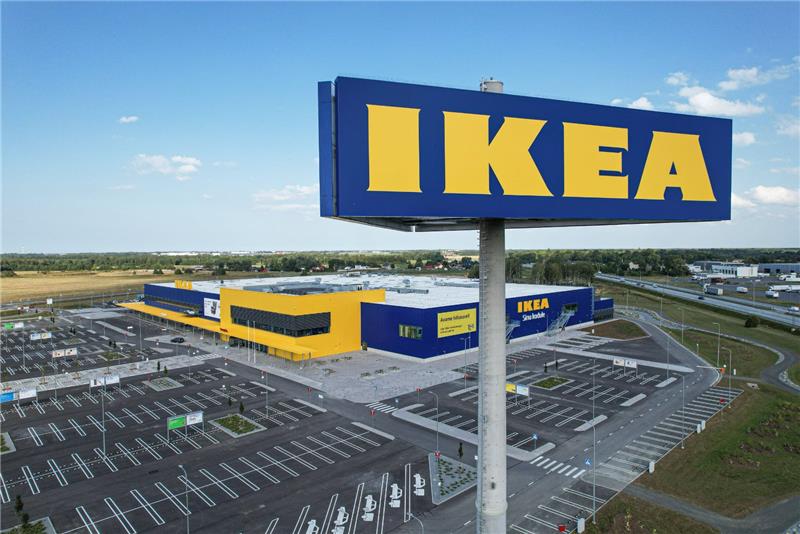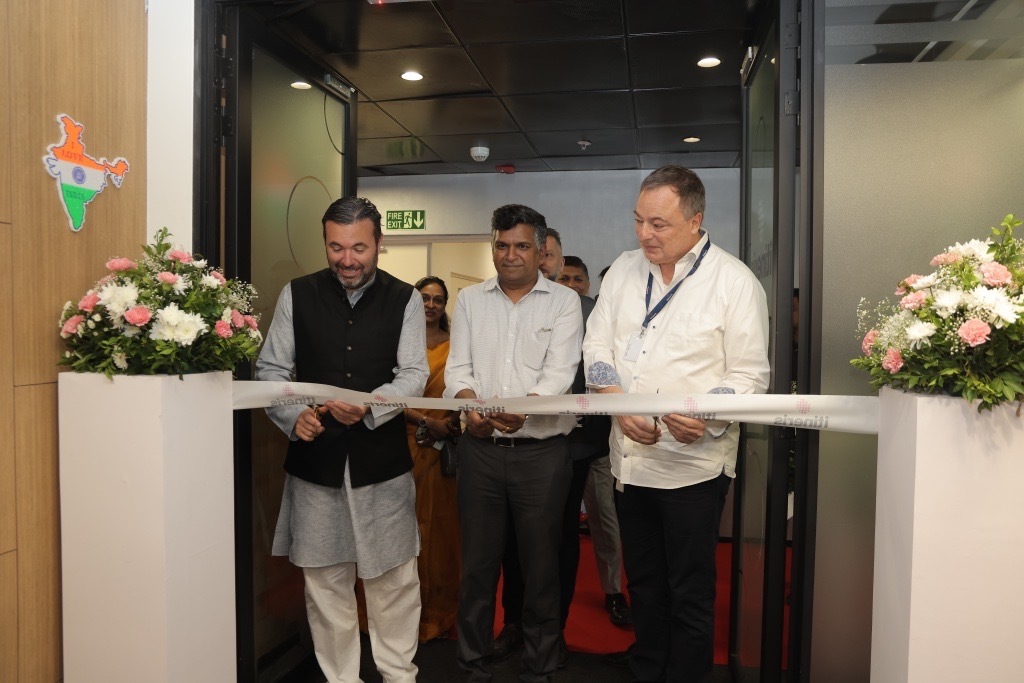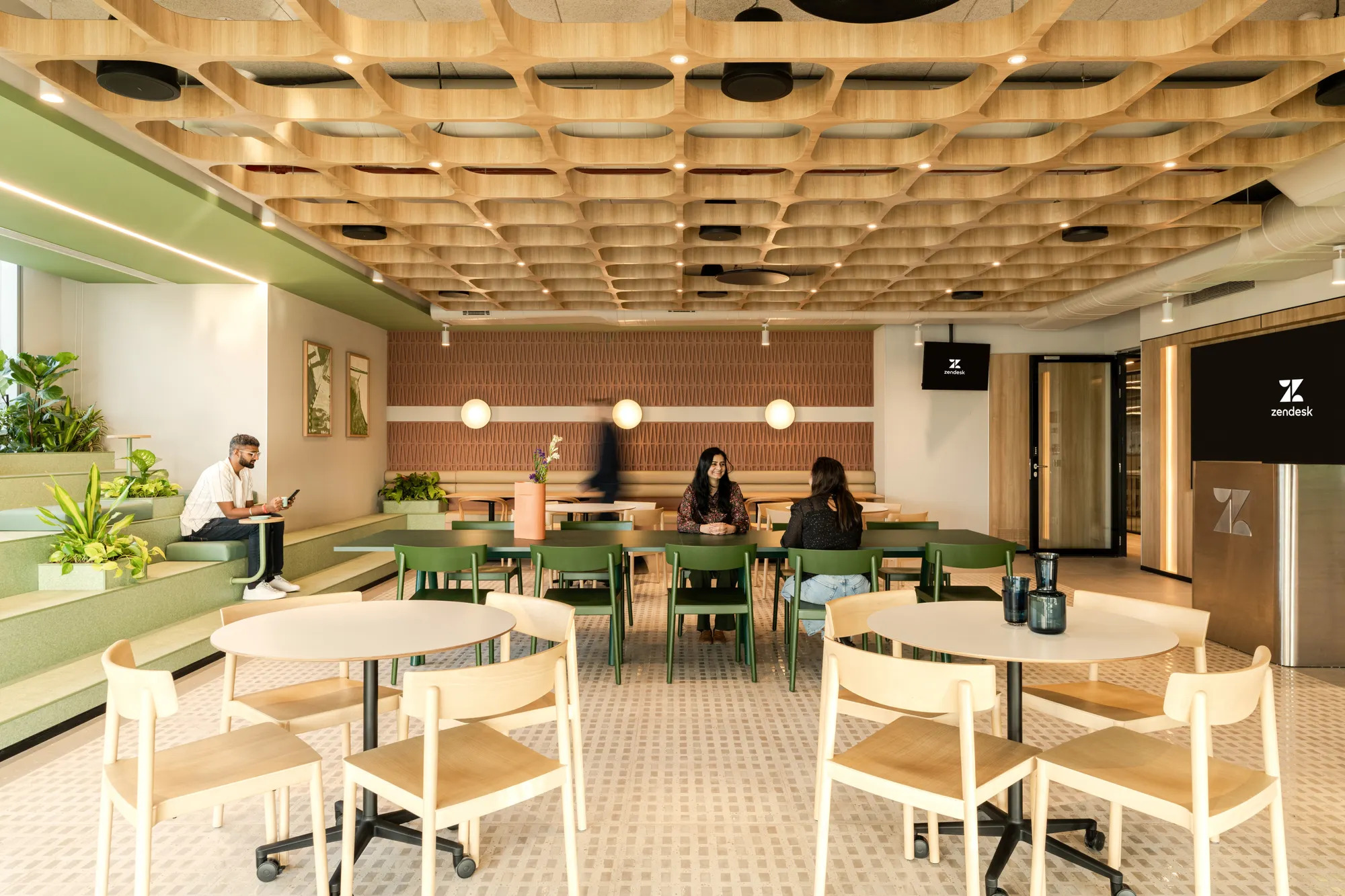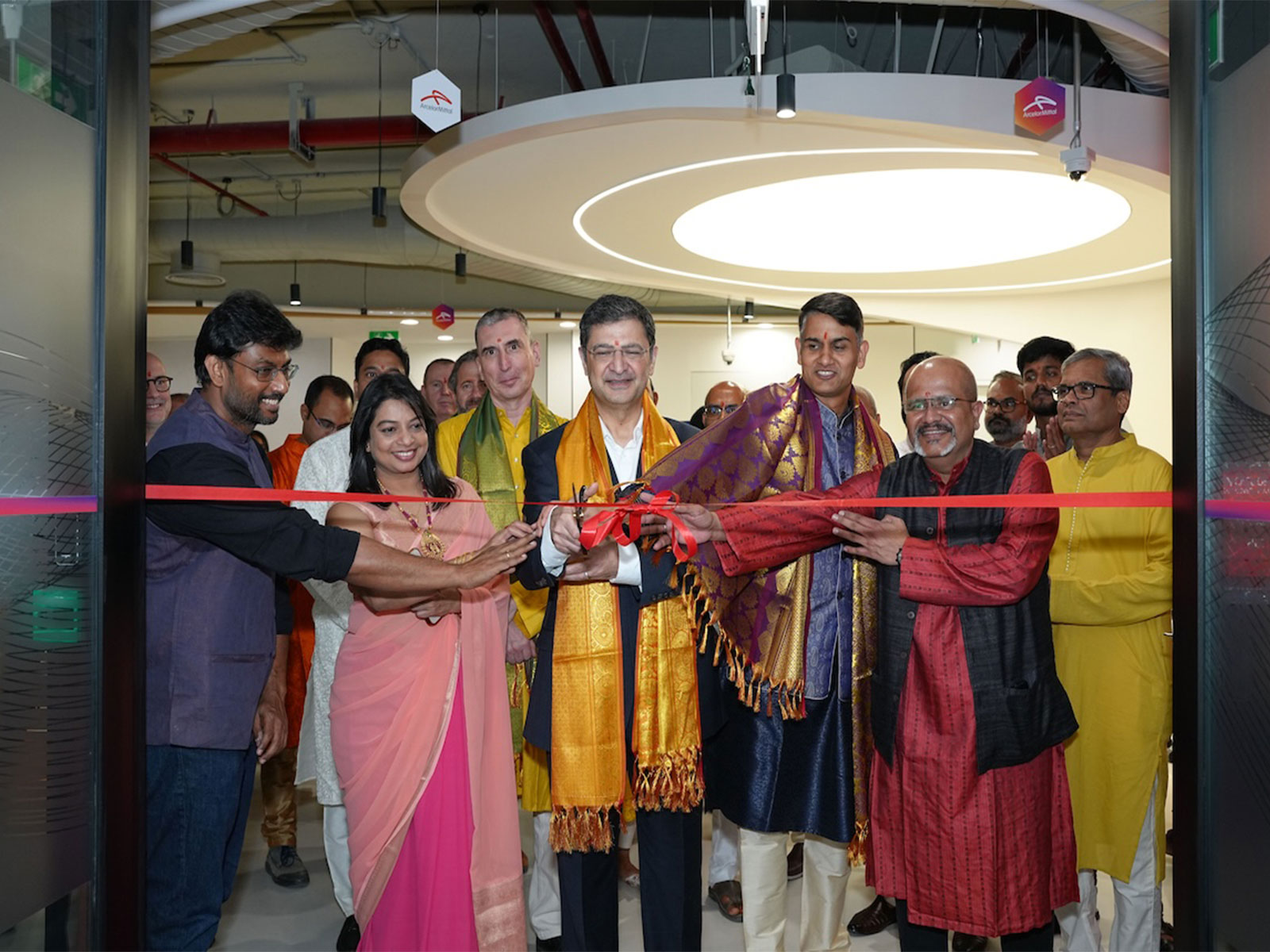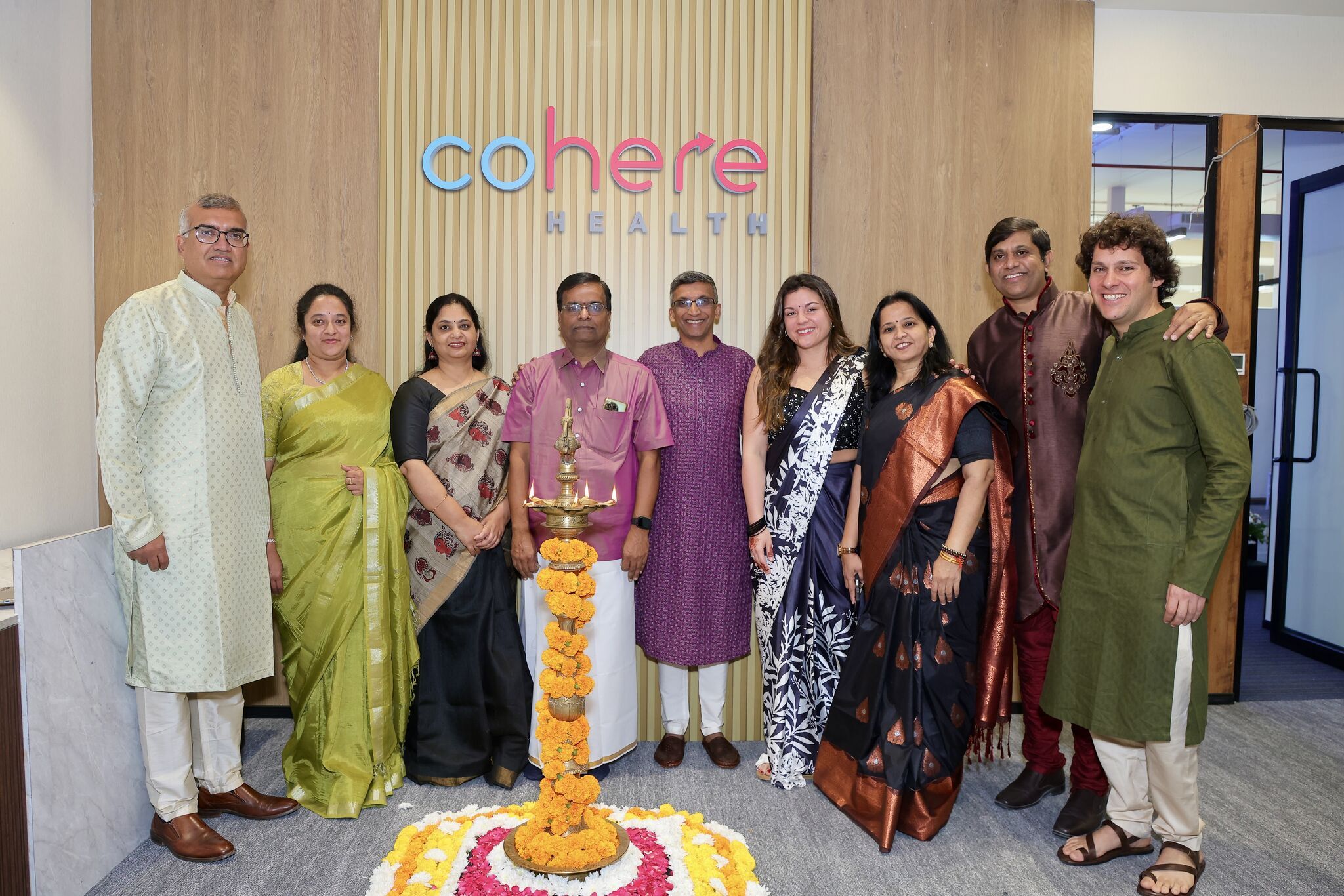IKEA is leveraging India as a testing ground for its most innovative ideas in operations, sustainability, and product development. From pioneering organic cotton in textiles to adapting its food menu with local flavors, the company is integrating India more deeply into its global ecosystem
Bengaluru: A Product Development Centre
IKEA’s development centre in Bengaluru operates as a product development centre, focusing on key categories such as textiles, carpets, metals, and plastics. The centre helps shape both local and global IKEA ranges, enabling faster product development cycles and closer collaboration with suppliers. Bengaluru is a key development hub for IKEA, alongside Shanghai, Ho Chi Minh City, and Warsaw
Sustainability and Innovation in Textiles
IKEA co-founded the Better Cotton Initiative (BCI) in the early 2000s with companies like Gap and H&M, aiming to make the cotton supply chain more sustainable. By 2015, IKEA had transitioned to 100% better cotton, later moving to organic cotton, piloting India as the first market. Today, Indian organic cotton is used in baby collections and select bed linens
Local Sourcing and Supplier Collaboration
Of IKEA’s approximately 1,500 global suppliers, around 40 are based in India, primarily for textiles. IKEA India plans to increase local sourcing from 30% to 50% by 2030. Proximity to suppliers allows for faster product development, better collaboration, and adaptations in sizes, colors, and materials, while supporting sustainability through renewable resources and circular design principles
India-First Food Innovations
IKEA operates around 500 stores in 63 countries, where cross-market experimentation is central to its strategy. In India, the company has adapted menus to local tastes, introducing vada pav in Mumbai, bisibele bhath in Bengaluru, and biryani in Hyderabad. These experiments have influenced other markets, such as Spain, where IKEA adapted offerings while retaining its core identity
Recycling and Circular Economy Initiatives
IKEA India pilots recycling programs to reintroduce materials into the supply chain, drawing lessons from other markets. Ingka Investments, IKEA’s investment arm, supports projects like RetourMatras, which scales mattress recycling to 2.5 million units annually across Europe
Agile Store Formats and Global Exchange
IKEA is experimenting with smaller, agile stores carrying limited inventory in markets like Texas, the UK, and Poland, with pilots now under consideration for India. The global exchange of insights, centralized at IKEA’s headquarters in Älmhult, Sweden, enables employees from more than 60 nationalities to drive the company’s innovation and sustainability vision
Conclusion
Through its Bengaluru product development centre, India plays a pivotal role in IKEA’s global strategy, driving innovation across textiles, food, sustainability, and retail formats. By blending local relevance with global expertise, IKEA is strengthening its ability to deliver sustainable, customer-focused innovations worldwide.
Visit Our News section and follow us on LinkedIn and Twitter
Read more full news: Here
